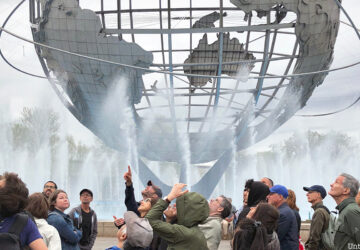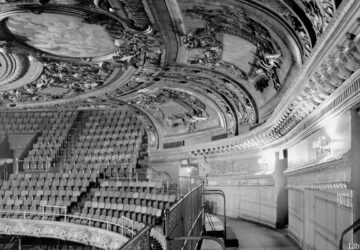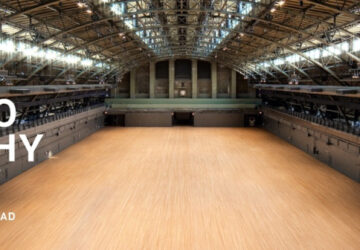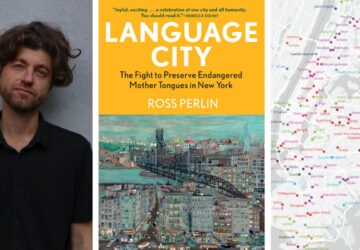For our last installment in the #MonthofScorsese film location series, we cover the film that many consider to be his magnum opus: The 1990 classic mafia film GoodFellas. Based on NYC crime reporter Nicolas Pileggi’s non-fiction novel Wiseguy, the book focuses on the rise and fall of The Lucchese Crime family. The film – written by Scorsese and Pileggi – follows the life and exploits of one of their associates, Henry Hill, who was fundamental in dismantling the crime family, when he became an informant for the FBI.
Scorsese became obseesed with Pileggi’s novel while working on The Color of Money; feeling that it was the closes anyone else has come in terms of writing about the life of a mobster. Scorsese wanted the film to start slow, and build up as the story progressed- like one large trailer. Like the first three installments, Scorsese films primarily in NYC, with locations that have changed dramatically in the twenty years since the films release.
1. Henry Hill’s Childhood Home
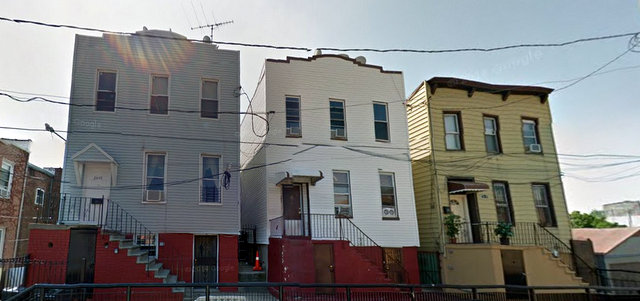 Image via Google Street View
Image via Google Street View
“As far back as I can remember, I’ve always wanted to be a gangster.” As far back as 1970 to be more precise. When we first meet Henry Hill he is driving a car to the middle of nowhere, performing a mob hit; when the story actually starts, Scorsese takes us to East New York, in 1955. Living in the home on the far left (24-09 East 32nd Street in Astoria, Queens) is Henry Hill, who wants nothing more than to be a gangster. According to Henry, being a gangster “was better than being President of The United States.” From his window, he admires the gangsters who perform their operations from a cab company across the street.
Across the street, on 24-09 East 32nd Street is where Henry would wind up getting an after-school job. The “Cab Stand” as Henry refers to it as,is run by Tuddy Cicero (pictured above) as well as other establishments for his brother – the boss – Tony. Henry’s parents loved the idea of Henry working so close to home, but later find out what kind of deals the men Henry work for do behind closed doors. The job at the cab stand was suppose to be part-time, however, it became a full time job, keeping Henry out of school.
